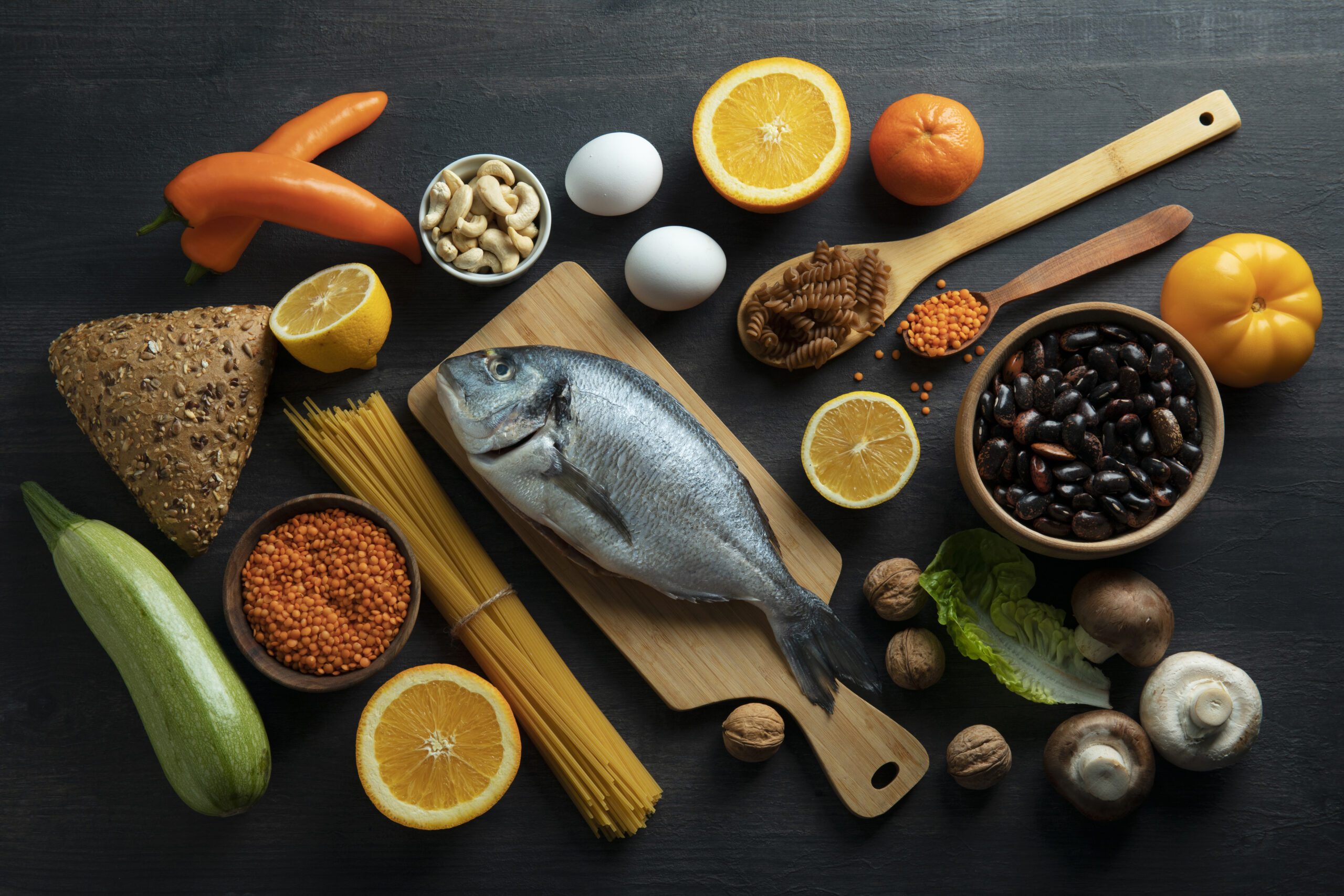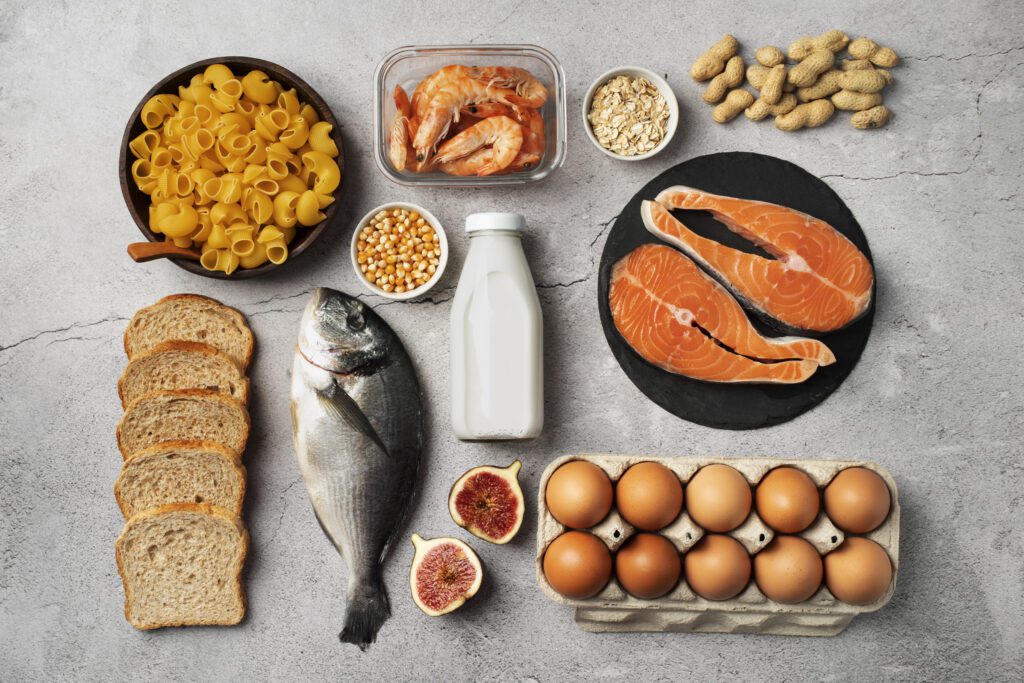Cancer is a very big issue in the world which affects millions of people every year. In recent studies, an interesting question has arisen: can vitamin D supplements help in cancer prevention? With the help of this article, we will know the scientific evidence of the relationship between “vitamin D and cancer prevention”.
Table of Contents
Understanding Vitamin D and Its Role
To appreciate the significance of vitamin D, the general function and origin have to be understood; it is a true hormone (other than a vitamin), meaning that along with its maintenance in physiological parameters, therefore also plays a major role extremely majorly on several functions of the body. This makes its connection with vitamin D cancer and prevention even more crucial.

1. Vitamin D: Sources and Benefits
Vitamin D enters the body in two ways:
- Natural Sunlight – When your skin is exposed to sunlight, the body produces vitamin D. The sun’s UVB rays trigger a chemical process that activates vitamin D.
- Dietary Sources – Many foods do not naturally contain vitamin D. But fatty fish such as salmon and mackerel, fortified milk, cereals, and egg yolks are good sources of it.
2. Role of Vitamin D in the Human Body
Vitamin D has many benefits which make it an essential nutrient:
- Calcium Absorption: It is essential for strong bones.
- Immune System Support: It strengthens the body’s defense mechanism, preventing infections and diseases.
- Cell Growth Regulation: It regulates the pattern of growth and division of body cells.
- Inflammation Control: Vitamin D reduces inflammation, which is a major factor in many chronic diseases.
These roles underscore its importance in overall health and in topics like vitamin D and cancer prevention.
3. Vitamin D Deficiency: A Global Concern
Vitamin D deficiency is a serious health issue today. According to WHO, approximately 40% of people in the world are vitamin D deficient. The following are the causes:
- Urban lifestyle, where people stay away from sunlight.
- Excessive consumption of processed and fast foods, which are poor in nutrients.
- Certain medical conditions such as obesity and kidney diseases impact vitamin D absorption.
Cancer and Its Growing Burden
1. What is Cancer?
Cancer is an illness in which cells grow uncontrolled and damage their surrounding tissues. There can be different types of cancer and their impact and treatment methods are different.
2. Common Types of Cancer Worldwide
According to global data, some common cancers are:
- Lung Cancer: Cancer caused by smoking and pollution.
- Breast Cancer: Mostly found in women, but men can also get it.
- Colorectal Cancer: Cancer of the digestive system which is linked to lifestyle and diet.
- Prostate Cancer: A major cancer type of the male reproductive system.
3. Lifestyle and Nutritional Factors Influencing Cancer Risk
Among the risk factors of cancer:
- Unhealthy Diet: High-fat and low-fiber diet increases the risk of cancer.
- Sedentary Lifestyle: Physical inactivity increases the chances of obesity and chronic inflammation.
- Alcohol and Smoking: Both are the biggest external risks for cancer.
- Vitamin Deficiencies: Deficiency of essential nutrients, including vitamin D, highlights the significance of vitamin D and cancer prevention strategies.
The Connection Between Vitamin D and Cancer
1. Scientific Studies: What Do They Say?
Many studies indicate that higher vitamin D levels can reduce cancer risk. Example:
- Harvard Medical Study (2019): Women with sufficient vitamin D levels had a 60% lower risk of breast cancer.
- Journal of Clinical Oncology Study: Colon cancer patients with high vitamin D levels had better survival rates.
2. Mechanisms of Vitamin D in Cancer Prevention
How does Vitamin D work:
- Cellular Regulation: Slows the uncontrolled growth of cancer cells.
- Apoptosis: Triggers programmed cell death, which destroys harmful cells.
- Anti-inflammatory Properties: Slows tumor growth by reducing inflammation.
3. Types of Cancer Possibly Linked to Vitamin D Levels
- Breast Cancer: Vitamin D levels can be quite impactful for women.
- Colon Cancer: It is beneficial for the digestive system.
- Skin Cancer: It is important to maintain a balance with sunlight exposure.
Vitamin D Supplementation in Cancer Prevention
1. Real-Life Case Studies and Trials
Case studies and clinical trials support the benefits of vitamin D.
- Results of one trial showed that vitamin D supplementation reduced the risk of colon cancer by 30% in high-risk groups.
2. Recommended Dosage and Guidelines
The daily requirement of vitamin D depends on age and health factors:
- Adults: 600-800 IU per day.
- Up to 1000 IU is recommended for high-risk individuals.
3. Risks and Benefits of Vitamin D Supplements
There are risks along with benefits:
- Benefits: Improved bone health, and reduced cancer risk.
- Risks: High doses can cause hypercalcemia, which can cause kidney damage.
Challenges in Using Vitamin D for Cancer Prevention
1. Limitations of Current Research
Scientific research is not conclusive yet. So many factors influence the outcome, genetic variation, and environment as well.
2. Individual Variations in Vitamin D Metabolism
Everyone’s body processes vitamin D differently, impacting the effectiveness of vitamin D and cancer prevention.
3. External Factors: Sunlight, Diet, and Genetics
Dietary habits and sunlight exposure also affect vitamin D significantly.
Conclusion
So the bottom line is, do vitamin D supplements prevent cancer? This answer is, “yes, but not without caution,” according to research. Optimal vitamin D levels positively contribute to both your health and vitamin D and cancer prevention. However, you will know if you should take supplements or not — based on your doctor.
FAQs
Can Vitamin D alone prevent cancer?
Taking only vitamin D cannot prevent cancer 100%, but it can play a helpful role.
How much Vitamin D should I take daily to reduce cancer risk?
Taking 600-800 IU every day is generally safe, but consult a doctor for personalized advice.
Are there any side effects of taking Vitamin D supplements?
Yes, overdose can cause hypercalcemia and digestive issues.
What foods are rich in Vitamin D?
Fatty fish, egg yolks, fortified milk, and mushrooms are good sources of vitamin D.
Does sunlight exposure provide enough Vitamin D for cancer prevention?
Sunlight is a natural source, but it is not sufficient in every season and location. Supplements can be helpful.









